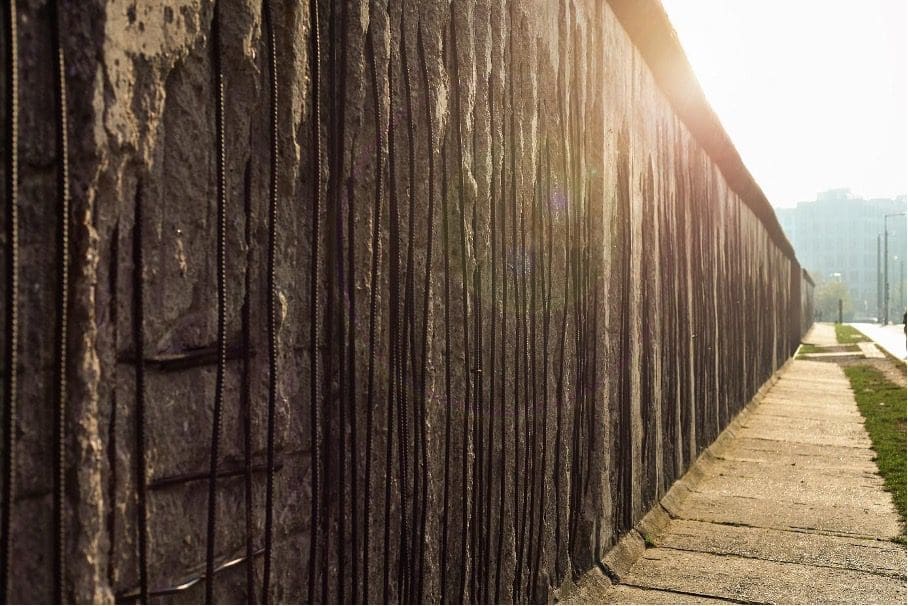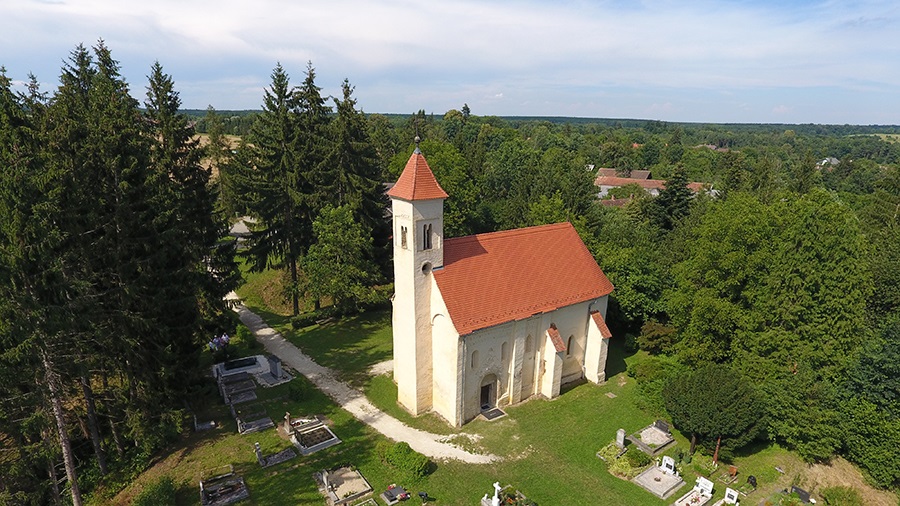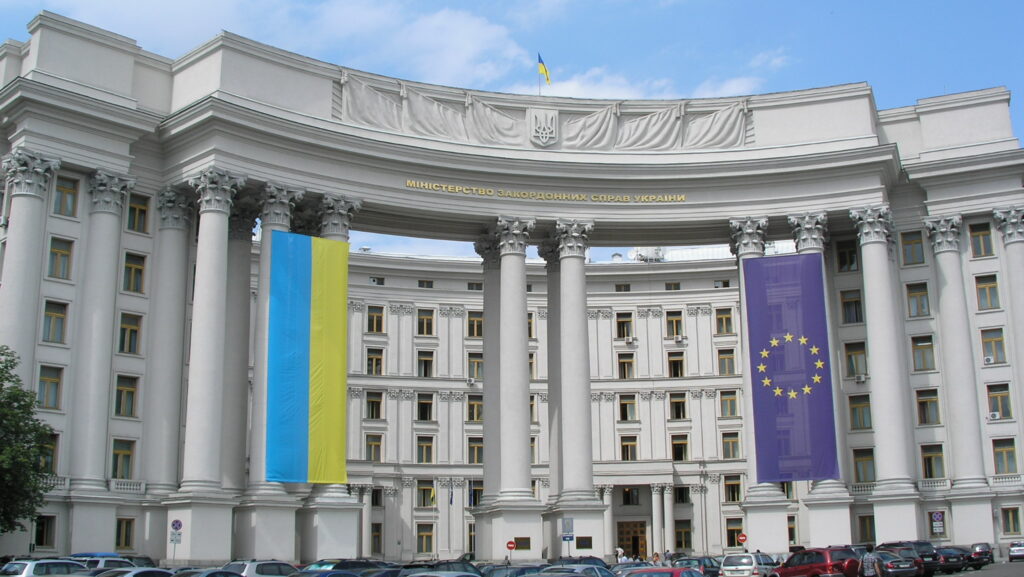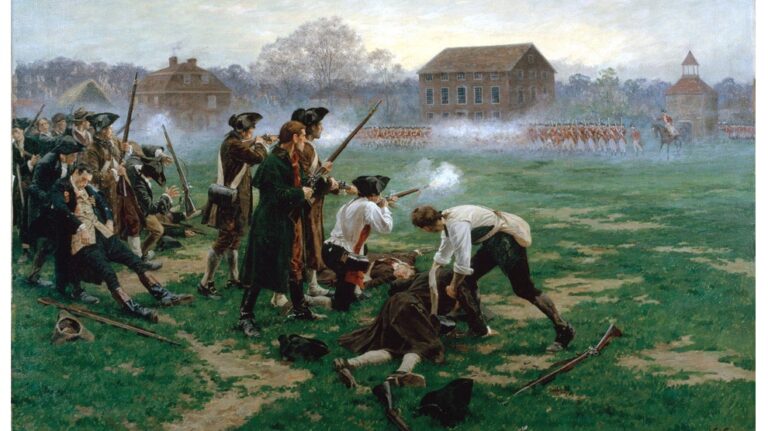In our previous article, we wrote about how extensive the network of informants of state-socialist secret agencies was. After the transition to democratic regimes in 1989 Central European countries faced with the need to hold collaborators accountable. Some countries from the Eastern Bloc decided to make available all secret agency files, vet, and judge all who participated in domestic espionage. Others provided limited or no access to the archives. In Hungary no full list of collaborators was ever made available to the public. Those who contributed to the maintenance of the past authoritarian regime can still hold public positions, and to the electorate it is still largely unknown the nature of their collaboration with the state-socialist regime.
When it comes to discussing transitional justice in the context of the former Eastern Bloc it is important to recognise that there were two distinct processes of reckoning with the past. One of the processes was a matter of the criminal code – punishing those who were involved in physically violent human right infringements, tortures, and murders in the name of communism. In the Hungarian context it meant trials against those who were involved in the prosecution of revolutionaries of 1956. On these criminal matters there was a uniform agreement across the region that holding all perpetrators accountable is vitally important in the attempt to reconcile with the past and create democratic regimes. The second process, the so-called “lustrations” were a matter of great complexity and political disagreements. Lustrations meant the screening or vetting of former officials and collaborators with the secret police. Lustrations attempted to “purify” (i.e. decommunize) the public sphere by learning about what collaborators did during the state-socialist regimes, and potentially excluding them from the public life by banning them from holding public positions.[1]
In the Hungarian context it meant trials against those who were involved in the prosecution of revolutionaries of 1956
The hesitancy to lustrate and hold informants accountable was partially due to how widespread the association with the secret police was. In Hungary (a country of 10 million) there were around 200 thousand informants. Since most civil society groups, and even family circles had their ties to the secret police, it was unclear which levels of the collaborators should be purged. The reports collected by the secret police were not necessarily political in nature – secret agencies collected information about the personal life of poets, sportsmen and the cultural elite, not only about the political opposition. The extensive ties to the secret agency made it unclear what levels of informants should be screened – only politicians, or priests and university professors too? And most crucially, what exactly should be the punishment for reporting? Public shaming or exclusion from holding public offices? For how long should people be punished and excluded? The answers to these questions were uncertain and the fast progress of the democratic transition allowed little time to come with precise solutions.
East Germany took one of the most extreme solutions, by providing unlimited access to all Stasi files to all citizens
East Germany took one of the most extreme solutions, by providing unlimited access to all Stasi files to all citizens. In Czechia, on the other hand, – without much consideration to individual cases – former collaborators were excluded from public life, while in Poland people were required to tell the ‘truth’ about their pasts and in case they run for public office it was up for the electorate to decide whether to include or exclude them from politics. In Hungary most files were kept secret appealing to national security concerns.[2] Unfortunately, such a secretive handling of these files opened up the opportunity for blackmail – there are allegations that the first democratically elected government used these files to silence their opposition.[3]
Some suggested that the faction of the first Hungarian parliament which consisted of former informants was larger than how many seats the MSZP (successor of the former communist party) could collect on the 1990 elections.[4] Several high-ranking politicians were exposed as former informants – the most notable, Gyula Horn (MSZP) and Péter Medgyessy (MSZP), who both served as Prime Ministers of Hungary. Although a series of legislations were introduced to tackle the issue, no widespread changes were achieved to face and reckon with the communist past. The narrow nature of lustrations in Hungary was partially due to the inability to agree on who are ‘public officials’ therefore, on who should be vetted and screened. As a result, by and large, the identity and actions of former informants are unknown to the Hungarian public. As time passed by the electorate not only lost its interest in the topic but it also became too late to bring up the question again.
[1] Csilla Kiss, ‘The misuses of manipulation: The failure of transitional justice in post-communist Hungary’, Europe-Asia Studies (2006), 927.
[2] Csilla Kiss, ‘The misuses of manipulation: The failure of transitional justice in post-communist Hungary’, Europe-Asia Studies (2006), 930
[3] Lavinia Stan, ‘Goulash Justice for Goulash Communism? Explaining Transitional Justice in Hungary’, Studia Politica. Romanian Political Science Review (2007), 2:269-291, 278
[4] Mihancsik Zsófia, ‘Elképesztõen sok mítoszt gyártottak’ (Hack Péter az ügynökkérdésrõl) (2005); https://magyarnarancs.hu/belpol/elkepesztotildeen_sok_mitoszt_gyartottak_hack_peter_az_ugynokkerdesrotildel-60319








